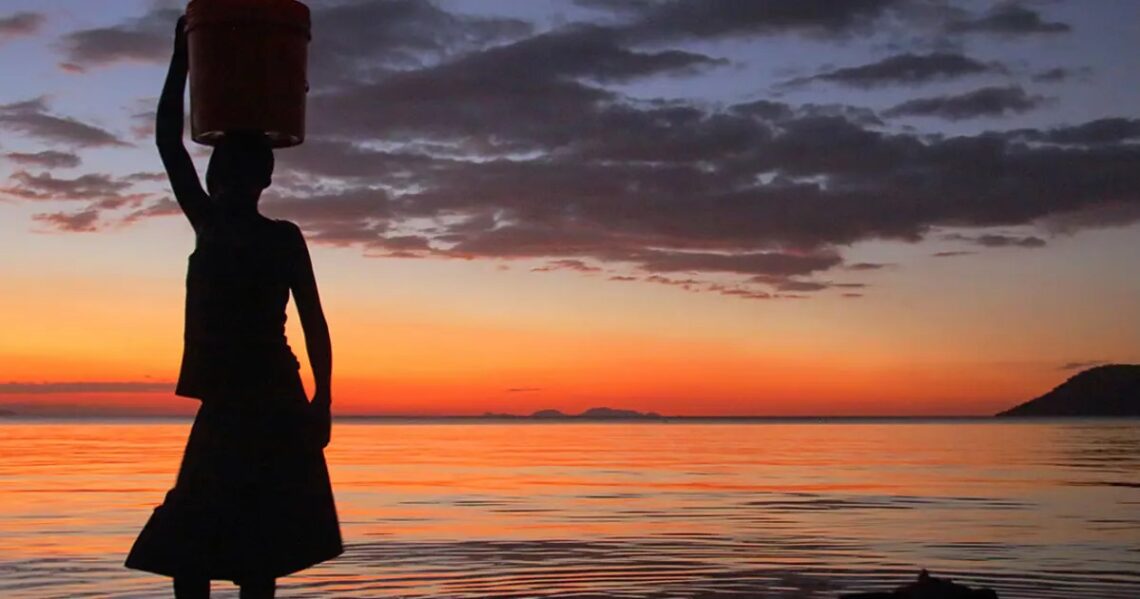
The Lake at the Center of a Diplomatic Standoff
There is a lake in Africa. Some call it Lake Malawi, while others call it Lake Nyasa. Some say it belongs fully to the nation of Malawi, while others are convinced it should belong to the nation of Tanzania. Continue reading to dive deeper into this conflict…
The disputed lake between Malawi and Tanzania is the third largest lake in Africa, stretching an impressive 568 kilometers long and up to 80 kilometers wide at its broadest point. The lake itself takes up about one-third of the total territory of the nation of Malawi, and it is thus an integral part of the economic life of the country, as well as its culture and national identity. While the lake is central to Malawi’s culture and its economy, it also holds significant importance for its neigbor, Tanzania. The neighboring nation also has navigation and fishing rights in the lake, and it provides for the needs of many fishermen in the country.
Now, in order to fully understand the conflict between Malawi and Tanzania, we must first understand the terms of the 1890 Heligoland-Zanzibar Treaty. This treaty was formed between Great Britain and Imperial Germany, both nations with colonial holdings over the continent of Africa at the time. The Heligoland-Zanzibar Treaty determined the boundary between Britain’s colony of Nyasaland, present day Malawi, and Germany’s colony of East Africa, present day Tanzania. The treaty drew the border line so that the whole of the lake was part of Nyasaland, or Malawi. Malawi still claims that they have the right to the entire lake, as per the terms of the Heligoland-Zanzibar Treaty. However, Tanzania argues that it is entitled to half of the lake under customary international law, as outlined in the UN Convention on the Law of the Sea.
These two contradicting claims have caused a few brief arguments in recent history. From 1967 to 1968, Tanzania invoked the median line principle of international law to justify its claim to half of the disputed lake, citing its economic reliance and cultural tie to the lake. However, this did not lead to any escalation. Furthermore, despite Tanzania’s challenge to the Heligoland-Zanzibar treaty after the 1982 UN Convention on international laws of the sea, Tanzania’s first president Julius Nyerere accepted Malawi’s claim to the boundary as the law. After this point in time, the conflict between Malawi and Tanzania halted, essentially reaching a standstill for most of recent history.
However, the diplomatic standoff has resurfaced very recently with the discovery of potential fossil fuels beneath the lake. In 2011, Malawi began to explore the eastern portion of the lake for oil and gas, and Tanzania protested, stating that Malawi was venturing into its designated portion of the lake. Malawi continued to search the lake, despite these protests.
On top of this early 2000s dispute, in the past year, the diplomatic tensions between Tanzania and Malawi have risen even more. This is all due to the Mbamba Bay Port Project, a development plan in Tanzania that hopes to provide road, railway, and waterway access from the surrounding region to the lake. This project is a major plan of infrastructure development, in hopes of fostering the economic efficiency of the port at Mbamba Bay on the disputed lake. In April 2024, President Dodoma of Tanzania decided to begin the project, without the consent of Malawi to use the lake. Malawi, angered by Tanzania’s decision to start the project without prior consultation and negotiation, has now requested that Tanzania suspend its development of the Mbamba Bay Port. Not only has Tanzania requested the suspension of the project, but in a formal letter to the Tanzanian government, the government of Malawi has stated that they believe the project itself is illegal as it takes place on Malawi territory. This claim has been utilized to push for negotiations between the nations to gain consent from the Malawi government. Now, Tanzania’s $31.8 million endeavor is pushing the nations to a diplomatic standoff.
At this point, however, the boundary issue remains unresolved, now having persisted for decades but coming to no conclusion. Malawi continues to contend the terms of the Heligoland-Zanzibar Treaty, while Tanzania contends the median principle of customary international law.
It waits to be seen what the next action will be in this developing diplomatic crisis, and if the decades-long dispute will finally be resolved.
This was the politics… stay tuned for the dinner!


You May Also Like

On this day – November 9th, 1938
9 November 2024
Sweet&Sour Golubtsy
2 December 2025